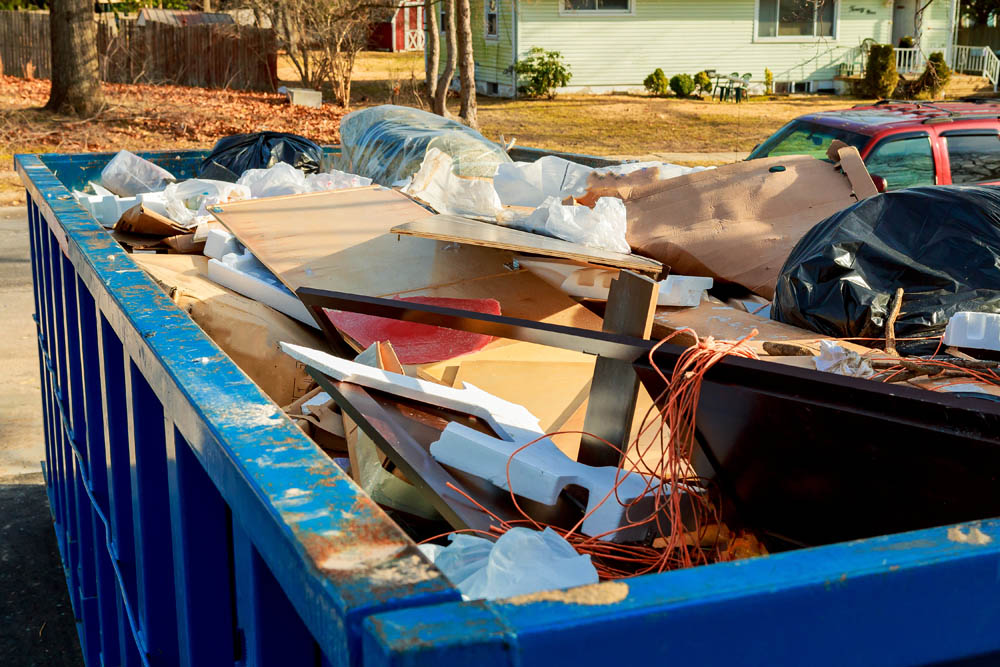
Controlling Expenses in Net Leases
An attorney negotiating for tenants should be diligent in reviewing expense provisions of commercial leases. While most such leases start with the premise that the tenant is 100% responsible for the operating costs of the premises (a triple net, or NNN lease), tenants should look for every opportunity to limit and control these expenses. If not careful, the pass-throughs can become a blank check for landlords.
There are several provisions in a lease that a tenant can look to in order to control or limit expenses. Some examples:
- Limit the landlord’s ability to increase “controllable expenses” each lease year. Uncontrollable expenses are the big 3: taxes, insurance and utilities. But everything else can, and should be managed and controlled by landlord year to year. Set a cap as to how much the landlord may increase controllable expenses each year. While this might invite the landlord to actually increase the expenses up to the cap, the language should provide that landlord must prove the actual costs (see below).
- Landlord should be required to reconcile operating expenses within 90 days of the end of the calendar year (or lease year, if payments are adjusted at that time) and tenant should have the right to audit. There should be a penalty to landlord, including payment of tenant’s cost to audit, if landlord overcharges tenant by more than a stated percentage.
- Go through the list of CAM Charges/Operating Expenses carefully. If there is not a list, create one. Many items in the list can be eliminated or limited. For example, exclude items relating to landlord’s operation of its business and the property. Limit charges for management of the building, charges for depreciation and marketing. Costs of enforcement of other leases, brokerage commission, tenant improvements and costs of repair of damage caused by casualty should be excluded from operating expenses. These are but a few ways to reduce costs charged to tenants.
- Limit tenant’s responsibility for capital expenditures, particularly in the final months of the lease. And, cap the amount that landlord may charge for reserves for future capital improvements. Limit or eliminate tenant’s responsibility for replacement of HVAC and other electrical, mechanical and plumbing systems if such systems are not new at lease commencement. While tenant may be responsible for ordinary maintenance, landlord should be responsible for replacement of HVAC and systems required due to catastrophic failure (generally covered by insurance) or because the systems are at the end of their useful life (budgeted in reserves).
As you can see, NNN does not have to mean NNN. Costs can be shifted and mitigated. While net leases will never provide absolute predictability of costs for tenants, risk of sudden large increase can be somewhat mitigated through negotiation.




No Comments
Sorry, the comment form is closed at this time.